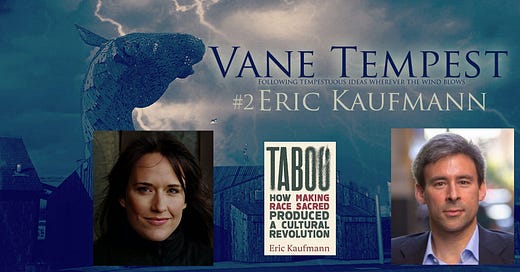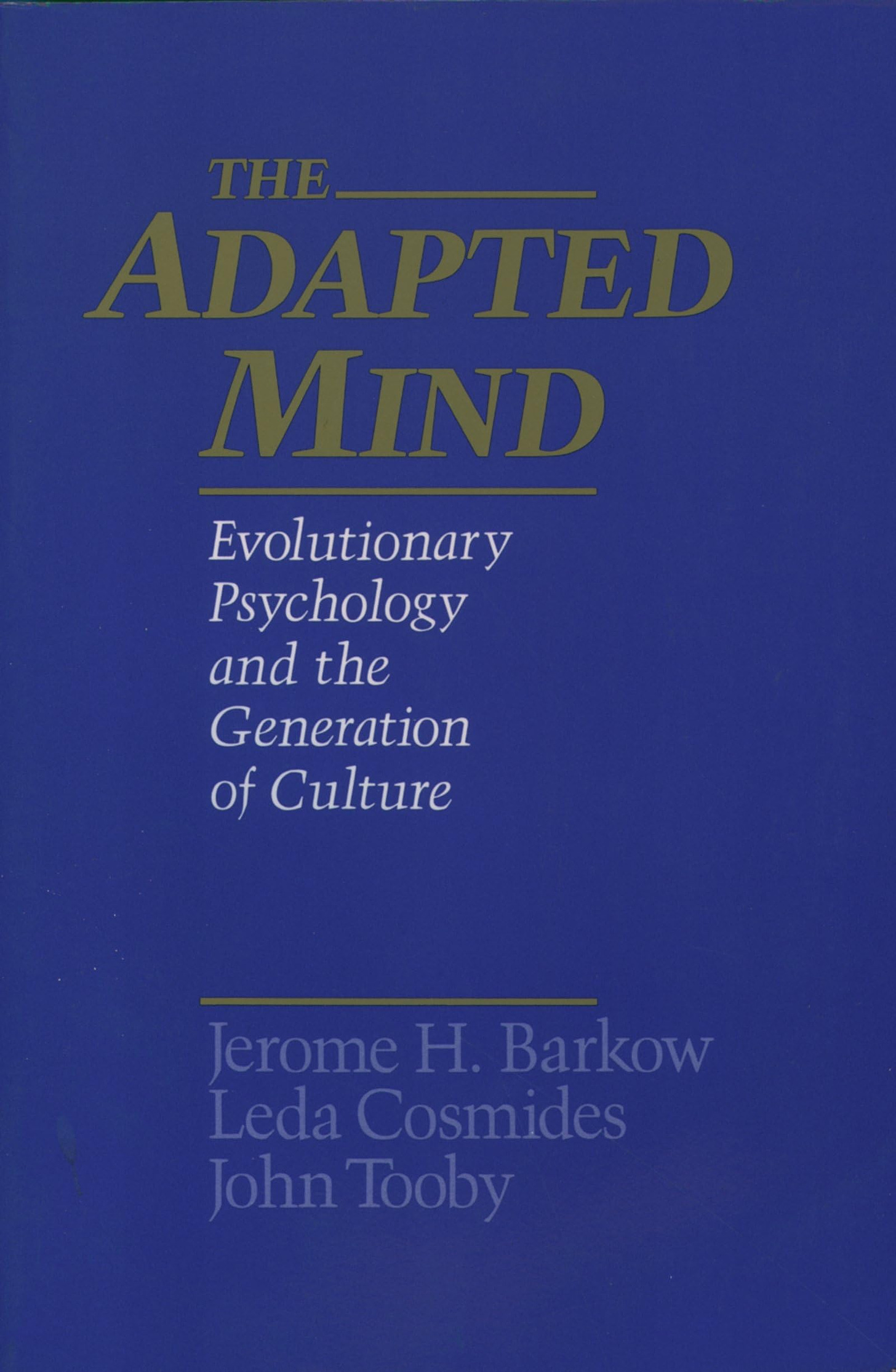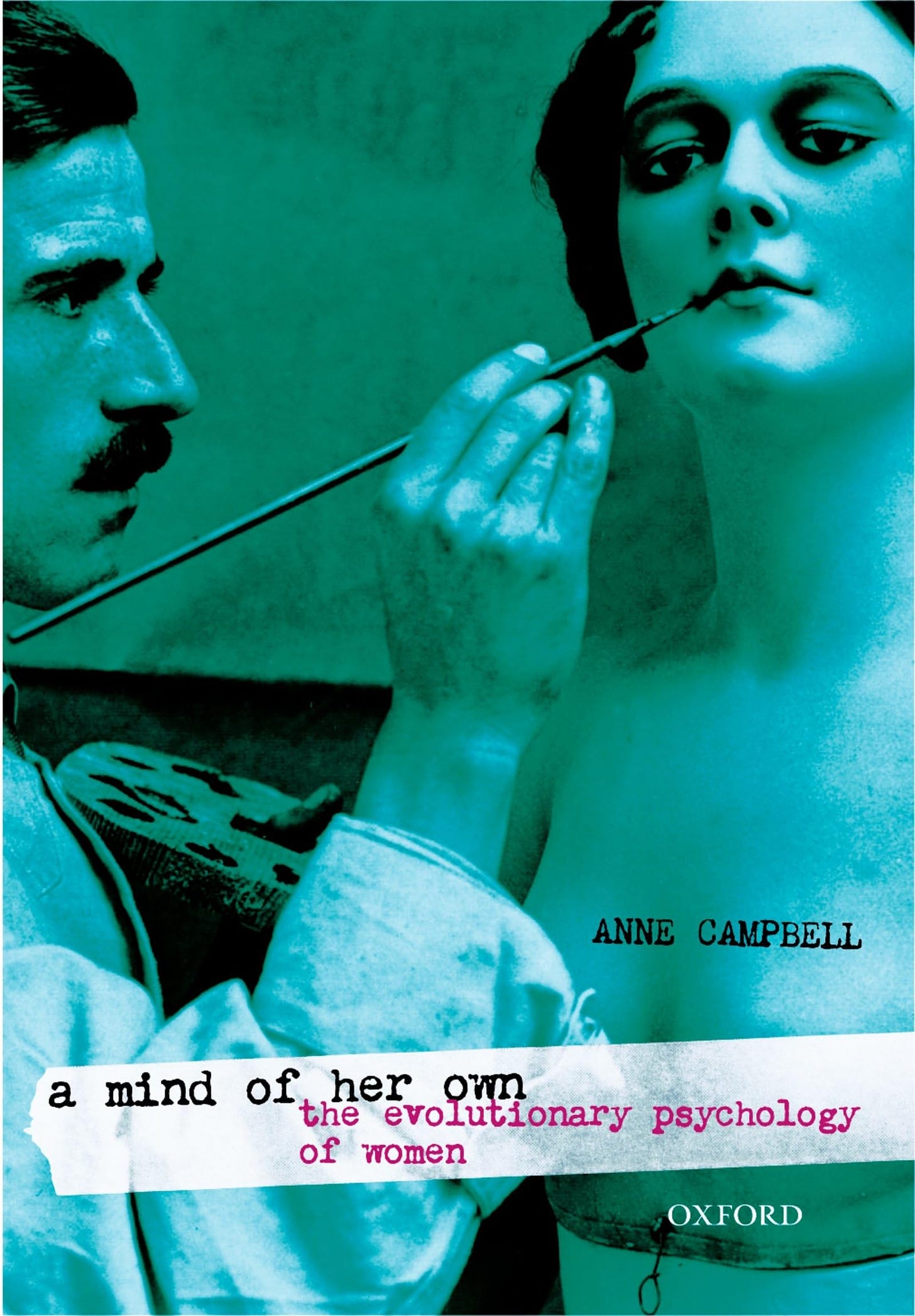Vane Tempest Podcast: Interview with Eric Kaufmann on The Origins of Woke
A subject ripe for consilience between the social and evolutionary sciences.
Listen to the interview on YouTube here
This post is an accompaniment to my Vane Tempest Podcast interview with social scientist Erc Kaufmann. In the interview, we discuss his latest book Taboo: How Making Race Sacred Produced a Cultural Revolution. The book has been released in the US under a different title The Third Awokening: A 12-point plan for rolling back progressive extremism.
In our discussion we talk about Eric’s thesis which is grounded in a social science perspective while I come at the issue from an evolutionary perspective: the basic difference between those two perspectives is that he is looking at exogenous factors - specifically culture which he suggests has been tilted off balance into radicalism by the woke “mind virus:” I am looking at endogenous factors that have lead to the same outcomes by honing in on evolved human nature, which creates the aforementioned culture. Central to Eric’s thesis is that it is not radical ideas that led us here, but vanilla liberalism itself.
Occasionally Eric alluded to evolutionary psychology being “fixed” and this is a complex area so I didn’t want to interrupt on that issue so am addressing it here, as it is one of the most common misunderstandings about evolutionary psychology by social scientists and laymen alike.
The role of culture is central to evolutionary psychologists as the title of the first book written to define the discipline demonstrates: The Adapted Mind: Evolutionary Psychology and the Generation of Culture.
To put it another way, EP categorically does not deny the role of culture in shaping human behaviour. Like much in evolution, there is a yin to every yang such as natural and sexual selection; proximate and ultimate explanations; competition and cooperation; evoked and transmitted culture. I think I personally best described the interplay of biology and environment in an essay I wrote a few years ago:
“History has demonstrated many times, that whenever our species attempts to take control of biology and bend it out of shape to ideological goals, human tragedy always follows. It’s a lesson we still don’t seem to have learned, as despite overwhelming evidence, many people still hold fast to the idea of an endlessly flexible human nature, and indeed, human nature is flexible, but a blank slate it is not. Neither however is it a crude caricature of immutable deterministic drives and instincts as often painted within the straw man of biological determinism. Human nature is very much mutable, but not infinitely or arbitrarily so, and here lies the nub: Within what may seem like infinite variations of human action and reaction to what life throws at us, our predispositions on an average scale are actually predictable. There are enough constants within this calculus to recognise the existence of an unmistakably human nature. This nature WILL vary and recalibrate between individuals and ecologies but these variations dance around a constant, evolutionary fire.”
The Adapted Mind is THE crucial book for anyone interested in understanding what EP is rather than what its critics claim it is. The book covers the central thesis of EP, to map evolved human nature, not to impose limits on it, so please don’t let anyone tell you EP dictates how people ought to act. Variation (not the DEI kind) is the engine of evolution and no one is born with the same evolutionary endowments. Evolution is not fair and people are not born equal; I believe this is the real reason for Marxist and progressive antipathy towards it. The (constantly debunked) accusations of pseudoscience are simply covers for this much greater ideological schism.
I cannot state how important The Adapted Mind is. Written in 1995, it contains essays on evolutionary psychological ideas that are still astonishing and cutting edge today, such as Tooby and Cosmides' conception of emotions as a superordinate program that guide rationality. If a whole book is too much for you, however, these two founders of EP wrote this primer.
On evoked and transmitted culture see the paper: Evolutionary Foundations of Cultural Variation: Evoked Culture and Mate Preferences by Steven W Gangestad, Martie G Haselton, and David M Buss.
On proximate and ultimate explanations see the paper: Evolutionary Theory and the Ultimate–Proximate Distinction in the Human Behavioral Sciences by Thomas C. Scott-Phillips, Thomas E. Dickins, and Stuart A. West
An understanding of these concepts is a crucial starting point in understanding evolutionary psychology.
I talk a lot about evolved female psychology and discrete strategies of competition and cooperation (known in the literature as female intrasexual competition) between women which are more favored by women than men. I assert that we must study this area urgently as more and more women enter the corridors of power, so we do not end up being led to hell down the path of good intentions and self-deception.
The most accessible introduction to this is by Joyce Benenson here and here, but note, that this is an introduction only. Benenson is a behavioral psychologist, not an evolutionary psychologist. She discusses the anatomy of female intrasexual competition and cooperation but does not go into detail on the evolutionary mechanisms behind it.
For that, see my former mentor Anne Campbell’s book A Mind of Her Own: The Evolutionary Psychology of Women.
Anne tragically died of pancreatic cancer in 2017 just as she was about to retire. She is the real pioneer in female intrasexual competition here and it is part of my life's work to not let her name be forgotten.
Enjoy the show and if you have any questions pop them below on on X @SexyIsntSexist







I still find it amazing how little people realise understand the importance of "emotional affect" in making the thousands of decisions that make up our daily lives. I came to this via studying naturalistic decision making, and thence to prospect theory, but it is just incredible how vital emotion is.